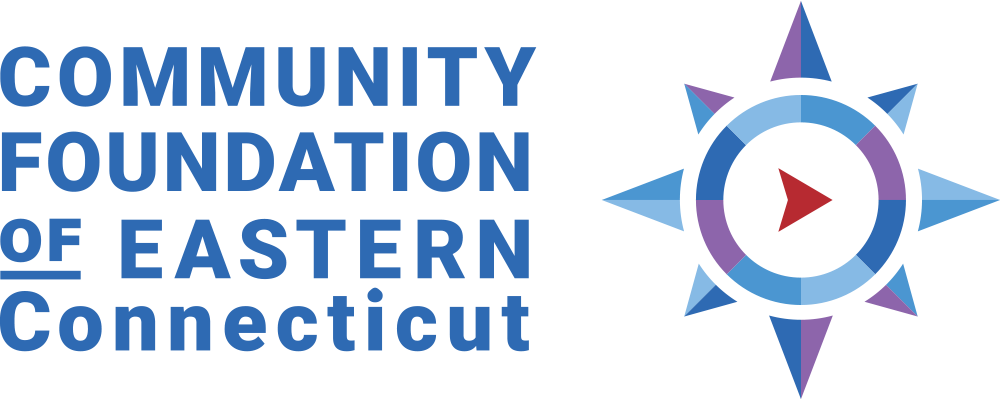Published in The Day
By Claire Bessette
c.bessette@theday.com
Norwich ― Sadia Zakaria, a junior at Norwich Free Academy, and her younger sister were standing outside a polling place on Election Day urging people to support a bond for new schools, when the Rev. Gregory Perry started chatting with them.
He asked, what were their interests? Did they have a good computer at home?
Zakaria told him she loves computer games, but when she tried to download a new game, her family’s “very old” computer crashed.
At first, she did not understand Perry’s offer to build the family a new high-speed computer that could handle the latest games, school work, music and videos.
On Wednesday, Perry greeted Zakaria at an NFA classroom, his arms full of computer hardware and cables. He put them on a desk and talked enthusiastically about how this high-powered machine, with Wi-Fi attachment, was loaded with professional quality word processing, music and video software.
Sadia, her younger sister, Zobaida Elnemair ― a freshman at NFA ― 10-year-old brother, Ali Elnemair, brother Amir Zakaria, 1, and older sister Enna Zakaria,19 ― a student at the University of Connecticut Avery Point campus ― and their parents, mother Amna Azrag and father Ezairig Elnemair, live in Norwich. The family immigrated to New London in 2016 from Cairo, Egypt and originally is from Sudan. They moved to Norwich two years ago.
They were the fifth recipients of a new or refurbished computer in a fledgling program, Building Computers for Humanity, the brainchild of Perry and Norwich NAACP President Shiela Hayes. Both reflected on how difficult it is for children who cannot afford the latest technology to interact with friends and schoolmates.
For Perry, that technology was stereos and fancy speakers. In college, he said, he could not afford the textbooks and had to read copies at the library.
“Not having the level of technology some friends would have, for me always sucked, putting it simply,” Perry said.
Perry, 70, pastor of the Greeneville Congregational Church, was introduced to early computers by his boss while working at Norwich Hospital, which has since closed, in 1984. He was hooked. In 2017, he built his first computer. It took him eight hours. He has since built and upgraded many more for his three grown children and nine grandchildren. Now he can do it in one hour.
Zakaria on Wednesday thanked Perry. She was excited at the prospect of replacing her family’s old computer, which was given to the family when they arrived in 2016. She said the music and video programs would help her with a Connecticut History Day project she and classmates are doing on the Harlem Renaissance ― the African American musical and cultural boom in the 1920s and ‘30s.
Zakaria’s dad loves to play chess on the computer, and she is learning the game. She looks forward to doing schoolwork sitting at a desktop computer, rather than her school laptop.
“I just liked the noise of the keyboard,” Zakaria said. “It’s satisfying. And sometimes I just want to sit at a desk and work there, rather than sit on my bed or on the couch or the dining table.”
Building Computers for Humanity is a nonprofit that now operates under NAACP President Hayes’ nonprofit, Sankofa Education and Leadership, Inc. The program has received small grants from Norwich Recreation Department, Chelsea Groton Bank Foundation and donations from the public. Each computer costs about $1,200.
The computers distributed this first year have gone to students at the Integrated Day Charter School and NFA. Norwich Public Schools will join the program next. The program committee will ask school officials for referrals of students who could use new computers, Hayes said.
Getting the youths to help build the machines, program leaders hope, will spark interest in STEM fields.
The program started in 2019 with a pilot after-school program funded by the Community Foundation of Eastern Connecticut. Several students built computers during the six-week program.
“There was a lot of good feedback, a lot of good interaction,” Hayes said.
But the COVID-19 pandemic killed momentum until the program restarted this year. Perry said he prefers to build new computers, but sometimes people donate older machines. Those will be refitted with new high-speed components and software.
“My interest is in building new computers that really are just very powerful machines, (for) gaming and all of that stuff,” Perry said. “And one that you would be able to go to all of your friends, and if you’re sitting around talking, you will not be ashamed anymore.”



